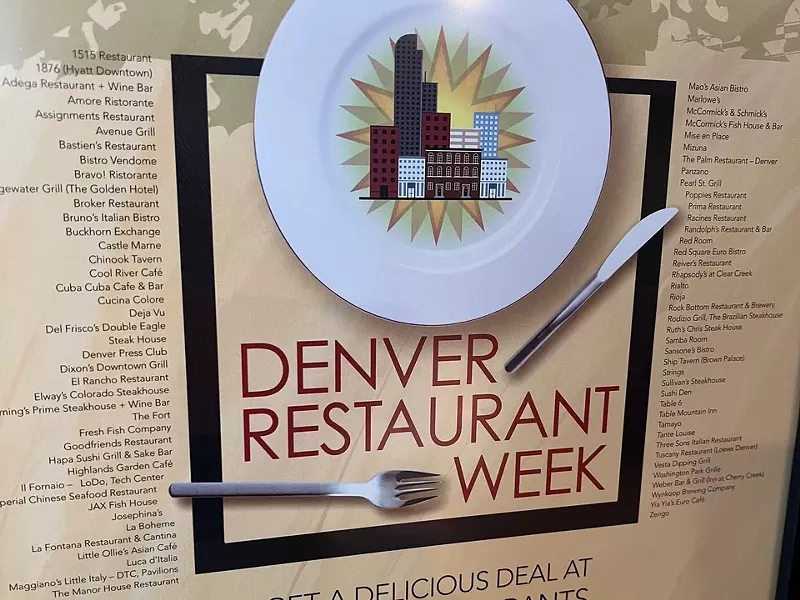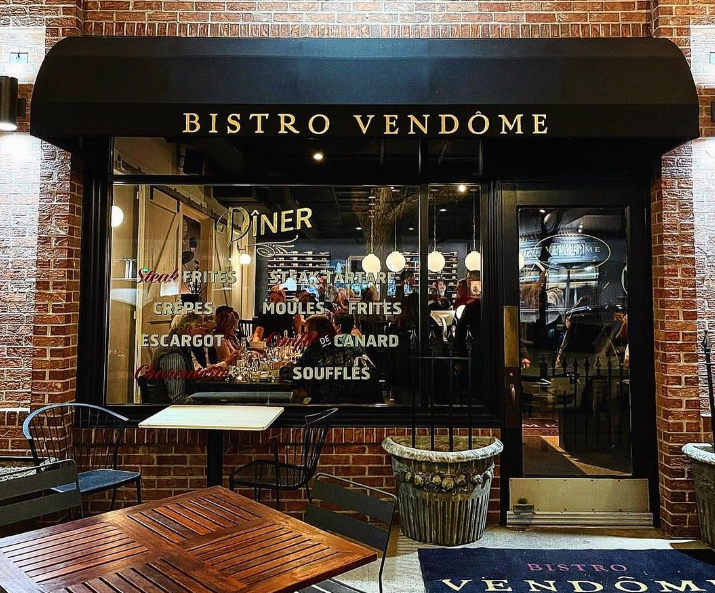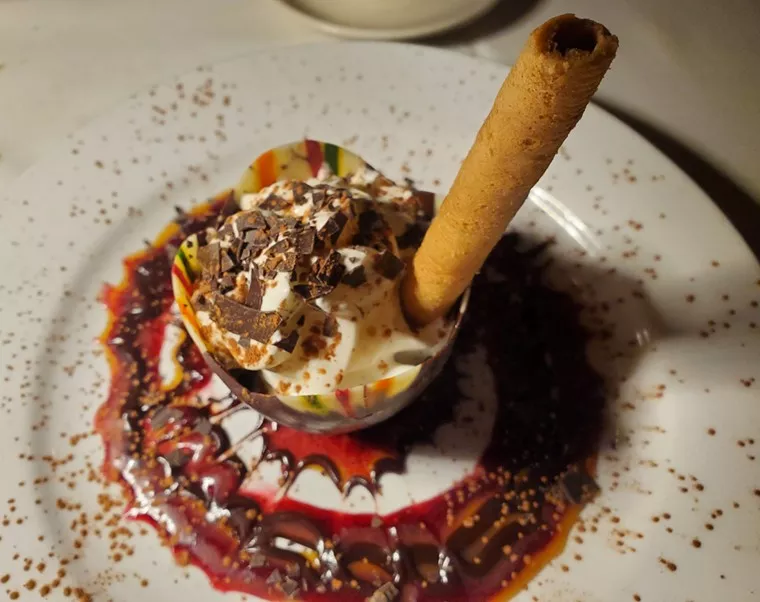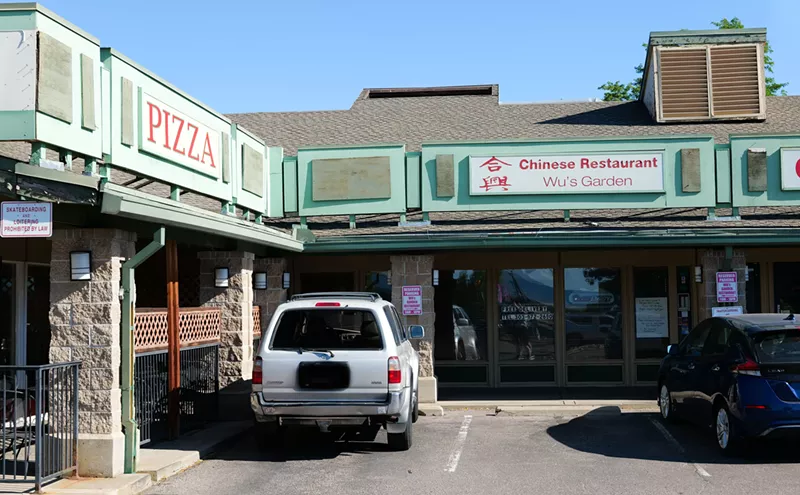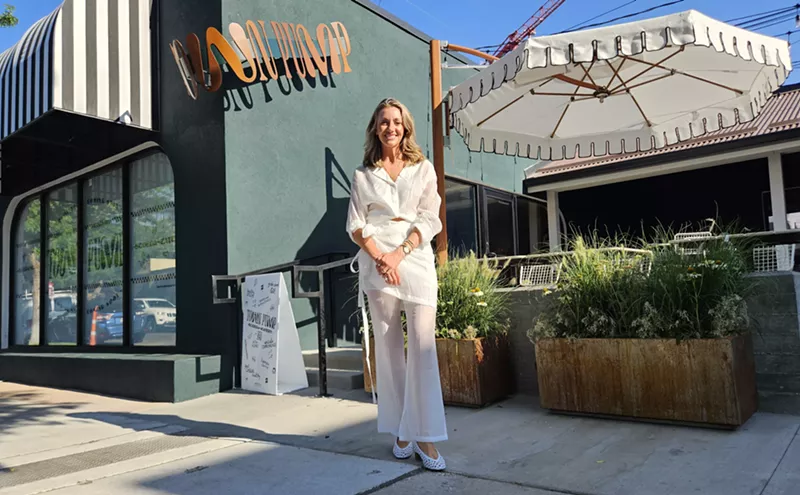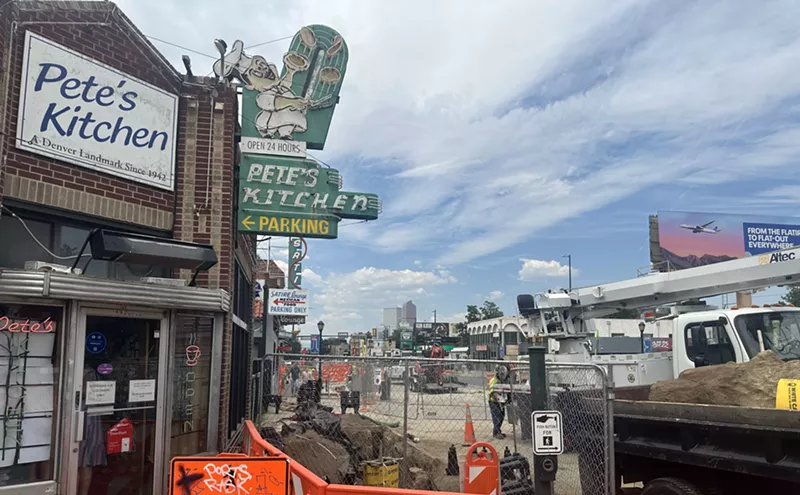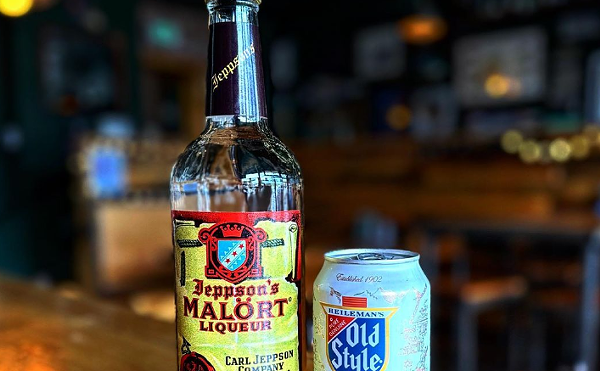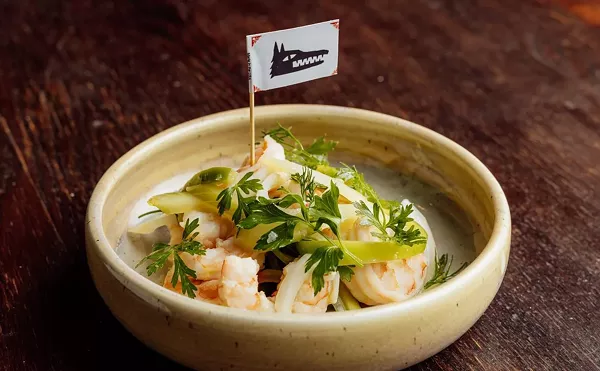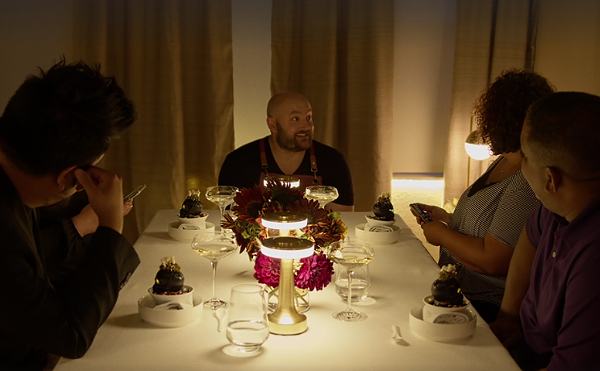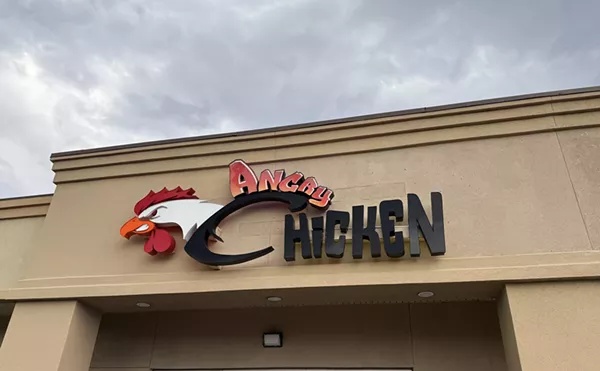Today, the Mile High's culinary scene is on the national radar. It boasts many James Beard-recognized chefs and restaurants; last fall, Michelin released its first Colorado guide, which includes nearly thirty Denver eateries. But in the early 2000s, "Travel + Leisure magazine had done a survey," Grant recalls. "They had readers rate the top 25 cities in the country, and then rate their own city, too. Denver came in 23rd out of 25 cities for fine dining, but our own residents rated us 24th."
At the time, chef-driven restaurants were becoming a hot commodity, and "we were experiencing that in Denver, but nobody realized that we were," Grant says. So some people started making moves to change that. "John Imbergamo was really the father of the whole thing," he adds.
A former restaurateur, Imbergamo is the president of the Imbergamo Group, a longtime marketing communications firm specializing in food-service clientele. "Twenty years ago, Visit Denver finally came to the realization that food made a difference when it came to convention planners, and our national reputation for food was not very good," he recalls of the origins of Restaurant Week.
"When someone would call Visit Denver" back then, asking for an explanation of the local dining scene, Imbergamo says, "the answer was beer and buffalo, and they'd take them to the Buckhorn Exchange and to the Wynkoop, and that set up a misperception about Denver dining that persists to this day."
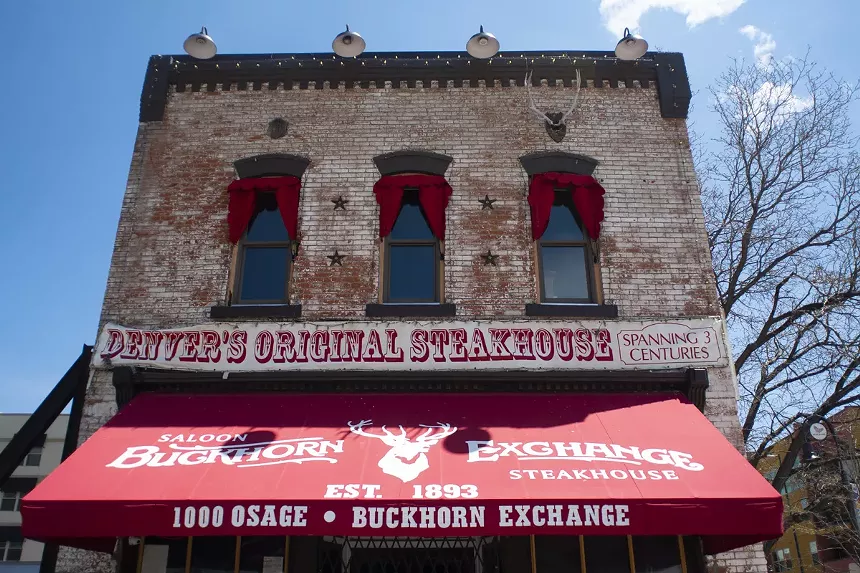
The Buckhorn Exchange was one of the 83 restaurants that participated in the first Restaurant Week in 2005.
Evan Semón
The meeting spurred several ideas, including launching a Restaurant Week promotion. Other cities in the country had been doing similar events, so "it was just the sensible thing to do," Imbergamo says. "But nobody had done it, because it's a lot of fucking work. There's a lot of logistics involved."
The marketing pros came up with specifics for the event — most notably, the price tag: $52.80 for a multi-course meal for two. "The reason Restaurant Week worked so well was that nobody agreed on the price," Imbergamo says. "The fine-dining restaurants thought the price was too low, the medium- and low-scale restaurants thought the price was too high, and it wasn't restaurateurs making that decision — it was marketing people who could appreciate the value of the $52.80 hook."
Despite bickering about the price point, 83 restaurants signed on to participate in that first Denver Restaurant Week. "It was pitched by people like me and others who were in that room as a community-building exercise as well as an opportunity to focus the entire city on food for a week," Imbergamo says.
Grant remembers a planning meeting that was attended by all the big chefs and restaurant owners at the time. "It was like Woodstock," he recalls. "A lot of these guys had worked together and they knew each other, but a lot of them didn't, and they had never worked together on a project that just promoted dining and the fun of dining out. ... It was a great thing, and everybody embraced it."
Part of the appeal was that the promotion took place during a typically very slow time for restaurants, in the lull after Valentine's Day and before St. Patrick's Day. Still, "it didn't work for everyone," Grant admits.
Yasu Kizaki, co-owner of Sushi Den, was part of the initial planning committee for Restaurant Week. "I completely had a different idea, which was to choose only the best restaurants in town to do the special dinner promotion representing the city," he says. "That was because the city wanted to change the image of the restaurant scene back in 2005. This is due to the fact that no national food writers would stop in Denver before or after the Aspen Food & Wine Festival, so my hope was to create a very high[-end] restaurant event even the national food writers would write about."
While Sushi Den was part of that first lineup, the high cost of sushi made it "challenging" to participate, Kizaki notes. "Yes, Restaurant Week brought us many new guests, but we were slammed with the price point being below our high costs of seafood and labor, and it also pushed out our regular guests who made Sushi Den a weekly experience, so I decided to be part of it only the first year."
But a few restaurants have participated in Restaurant Week every year since its launch. Bistro Vendôme has never missed one — including the 2023 edition, when it had just reopened in Park Hill after moving out of its longtime Larimer Square home.
For the Fort, Restaurant Week is a welcome annual tradition. "Being a high-end game steakhouse, we wanted to entice new young customers to come try our specialties," says Holly Arnold Kinney, whose father founded the Morrison restaurant over sixty years ago. The first year of the promotion, "we were slammed," she recalls. "People came out in droves. The whole week was very successful, even though we were discounting the food almost to the point that we didn't make a profit at all."
What the Fort did make, though, was a cadre of repeat guests, since it gave gift certificates to Restaurant Week diners that could be used on a future visit.
In the 2005 edition of Westword's Best of Denver, Restaurant Week was named the Best New Restaurant Promotion. It "had restaurants across town packed during what's often the slowest week of the year," we wrote. "Please, sir, may we have some more?"
And more is exactly what we got.
"It's definitely one of those programs that you just fall in love with," says Flavia Light, the current vice president of tourism for Visit Denver. But, she adds, it's also one that needs to evolve to fit the needs of restaurants.
In 2014, the price point went up to $30 per person; later, tiered pricing was introduced to give businesses more flexibility in creating menus that worked for them. This year, in addition to the $25, $35 and $45 per-person options, there is a $55 per-person tier to accommodate higher-end restaurants and to account for the rising food costs that have hit since the pandemic, Light notes.
The one-week promotion was also stretched to two weeks at one point, which proved to be tough on both restaurant staffers and diners who were burned out by the second week. The next experiment was splitting it into two editions — one in winter and one in summer — but owners were wary of giving a discount during a busy season, so Visit Denver settled on the current ten-day iteration in winter.
Another constant: the amount of work it takes to make Restaurant Week happen. This year, Visit Denver aimed to streamline the process for participating businesses, diners and even itself with the launch of a new website. On the back end, restaurants can now join the program and submit menus directly, taking some stress off Visit Denver staff. For diners, there are increased search capabilities, including the ability to browse not only by price point, but also by cuisine, neighborhood, amenities and dietary restrictions.
"Every year, we go back to the restaurants to ask, 'Does this still work for you?' And every year, we're going to adapt to their needs," Light says. "At the end of the day, that's who we're doing it for. ... We know how difficult it's been for them during COVID, and we want to continue to support them in the ways that they need."
This year, 238 eateries are participating in Denver Restaurant Week, five of which were among those recognized by the Michelin Guide. It's the highest number since the pandemic, and a hopeful sign for the local dining scene's future. As for its past, of the 83 restaurants that signed up for the original event, an impressive 36 are still in business.
The future of Restaurant Week itself is bright, too. "Especially with the fact that we really invested in creating these new processes, our plan is to be around for a long time," Light concludes.
Denver Restaurant Week takes place March 1-10. To view the full list of participating restaurants and browse menus, visit denverrestaurantweek.com.

